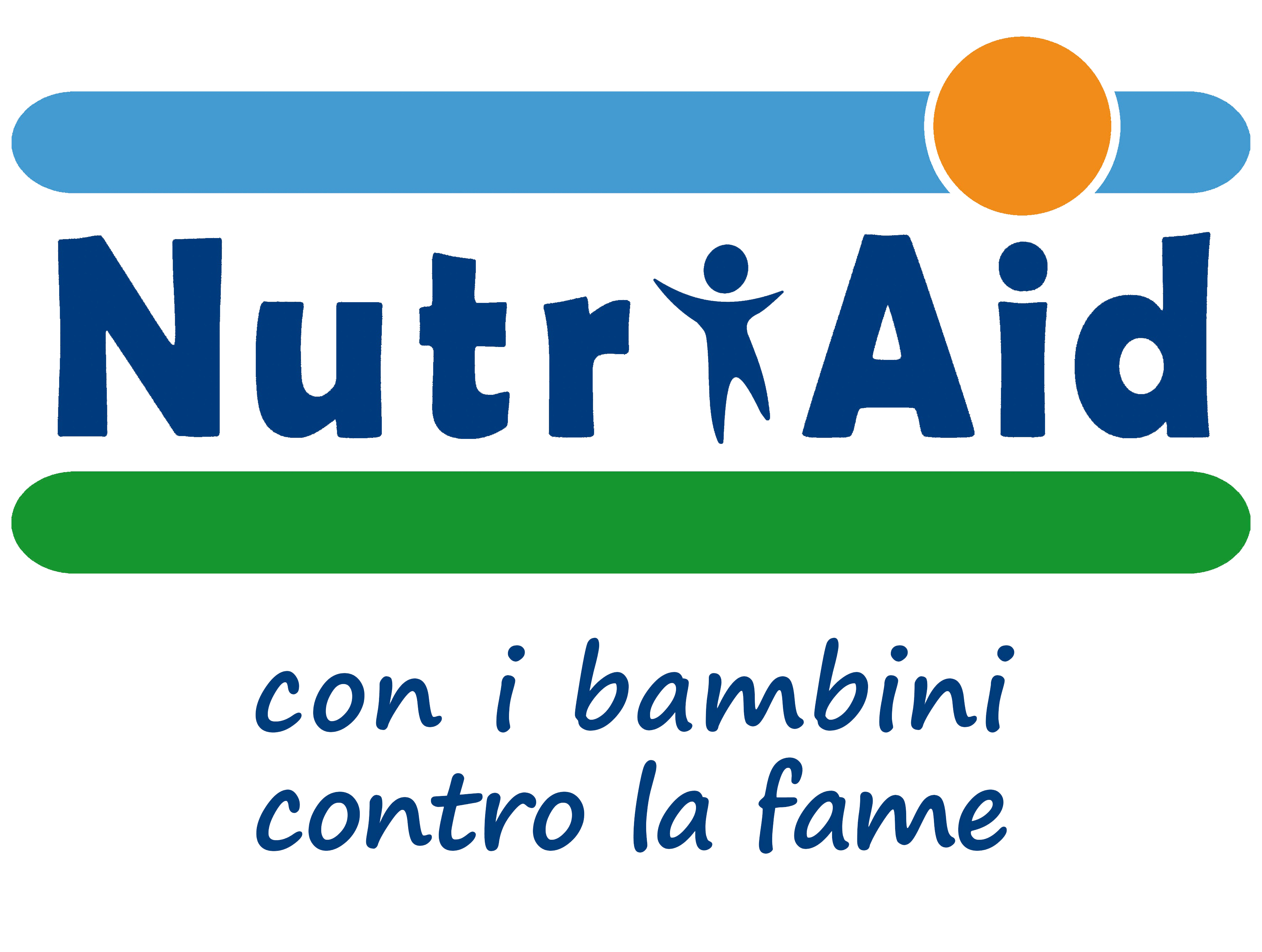Il Madagascar è la quinta isola più grande del mondo con 587,401 km 2 di superficie e una popolazione che si attesta attorno ai 29 mil di abitanti. L’isola è collocata nell’Oceano Indiano al largo delle coste dell’Africa meridionale, separata geograficamente dal Canale di Mozambico. La capitale è Antananarivo e le lingue ufficiali del Paese sono il malgascio e il francese. Il Madagascar rientra nella categoria dei “low income country” con un tasso di povertà che si aggira intorno all’81% e il 75% della popolazione che vive con meno di 2 dollari al giorno (WB, 2021). L’isola è considerata un “low development country” secondo l’Indice di Sviluppo Umano (HDI 2021), collocandola al 173º posto su un totale di 191 paesi. Questo indice è misurato sulla base della speranza di vita, l’accesso all’educazione e un tenore di vita dignitoso che corrispondono rispettivamente a 66 anni di vita e 8,7 anni di educazione (UNDP,2021).
Il Madagascar sta affrontando molteplici e gravi crisi umanitarie, tra cui epidemie, cicloni, inondazioni e siccità prolungata che colpiscono 9 milioni di persone. Queste condizioni sono esacerbate dai cambiamenti climatici che aggravano ulteriormente la debolezza sistematica del Madagascar attraverso disastri naturali sempre più ingestibili (UNICEF, 2023). Una corretta e adeguata nutrizione è uno dei problemi rilevanti nel paese. Basti pensare che nel 2022, il Madagascar è stato collocato al 119° posto su 121 Paesi rientrando nella categoria “allarmante” rispetto alla fame. (Global Hunger Index).
Il Madagascar si colloca al 10° posto nel mondo tra i Paesi più colpiti dalla malnutrizione cronica nel 2021 e al 7° posto in Africa. La percentuale di individui colpiti dalla malnutrizione in Madagascar rimane al di sopra dell’elevata soglia del 30% fissata dall’OMS e dalle Nazioni Unite. Attualmente 815,000 individui hanno bisogno di assistenza sanitaria, 965,000 persone si trovano in difficoltà dal punto di vista alimentare e 1.9 milioni di persone non hanno accesso all’ acqua potabile. (UNICEF, 2023). Essendo tra i Paesi più poveri del mondo, deve affrontare problemi legati a un'economia in difficoltà o sottosviluppata, a un basso indice di sviluppo umano (HDI) e a una ridotta qualità della vita. I problemi legati alla scarsa salute economica includono un'aspettativa di vita inferiore alla media, alti tassi di mortalità infantile, scarsi risultati scolastici, infrastrutture al di sotto degli standard, condizioni ambientali e climatiche degradate e sistemi sanitari inadeguati, oltre a alti tassi di malnutrizione, oltre malattie e infezioni dovute alla mancanza di acqua potabile, ai bassi livelli di igiene e all'accesso inadeguato a cure mediche di qualità.
NutriAid è presente nel Paese dal 2010 con progetti di rafforzamento del sistema di cura e prevenzione della malnutrizione infantile e assistenza sanitaria.
Attivi nell’area sudorientale dell’isola, in particolare presso l’ospedale di Vohipeno e il centre de santè di Ifatzy e successivamente in capitale Antananarivo, sono tutt’ora in corso progetti di potenziamento del sistema scolastico attraverso il supporto didattico e l'integrazione della mensa oltre al contributo alla comunità sulla malnutrizione e buone pratiche alimentari.
Avviato nel 2022 e ancora in corso il progetto di emergenza coronavirus finalizzato ad assicurare un buon stato di salute ai bambini tramite la prevenzione delle malattie endemiche e epidemiche, la supervisione della copertura vaccinale e il miglioramento della sicurezza alimentare delle famiglie.



















































